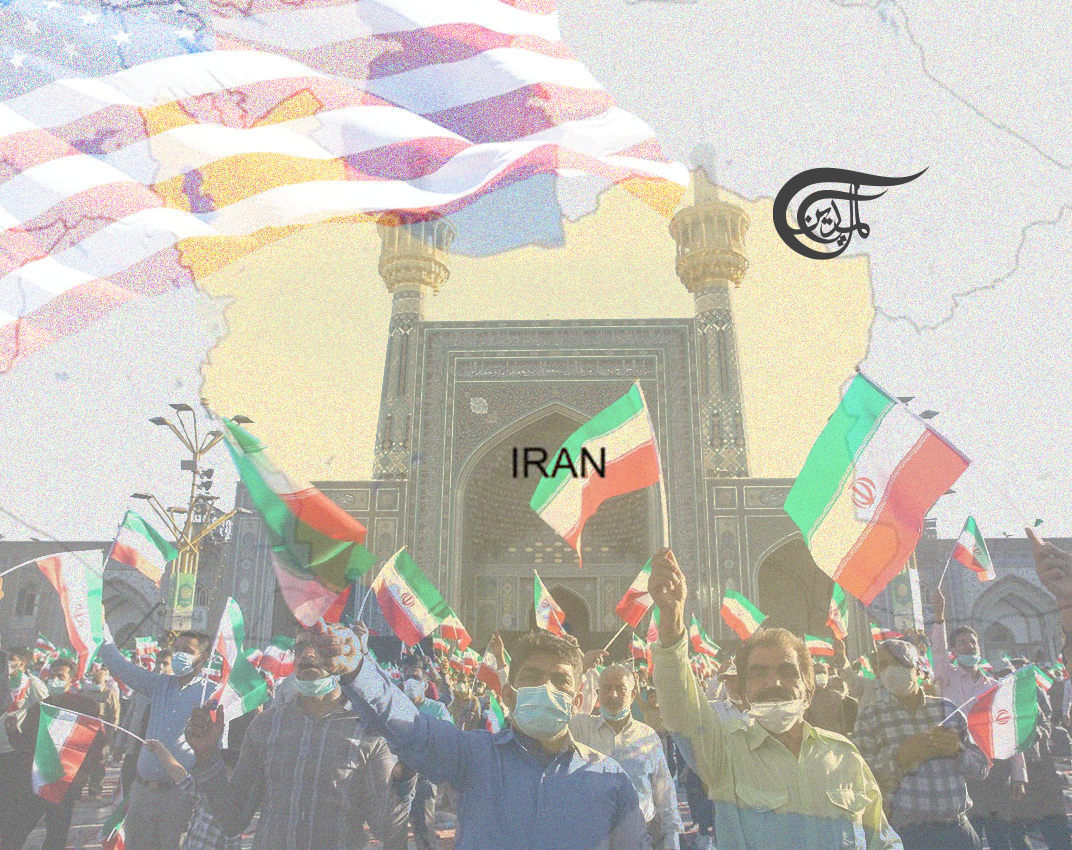Iran and the US: Checking the Scoreboard After the Afghanistan Withdrawal
"You have the watches, but we have the time” - Ancient Afghan proverb
Each time the US carries out a new brutal assault against Iranian citizens, numerous US politicians and political analysts gloat over Iranian suffering and then predict its decline, and even collapse. Whether it is maximum pressure, sanctions or some other destabilization effort, the conflict is presented as a lopsided battle between a competent and powerful western protagonist and a failing "medieval" antagonist.
Edmund Burke wrote in the 18th Century, "Our patience will achieve more than our force", and time has shown Iranian strategists to be much more competent and capable than their western counterparts. Regional analysts, both friends and foes of Iran, have often noted that political leaders in post-revolutionary Iran have displayed abundant strategic patience and wisdom, yet this is largely ignored by western adversaries who regularly underestimate the intellectual capability of anything linked to the Islamic Republic. Ironically, this arrogance of the Empire actually contributes to the enhanced impact and effect of Iran's calculations and foresight.
Perhaps in the coming years, it will become clearer how Iran and its regional allies were able to militarily defeat, and financially devastate, the US, as well as its NATO and regional proxies. Whether in Iraq, Afghanistan, Syria, Lebanon, Palestine, or Yemen, the political, social and particularly economic burden of these western and western-affiliated military adventures and dirty wars are becoming increasingly unbearable for NATO countries and their regional collaborators.
Not only did the US and its partners waste many trillions of dollars on war and occupation, but their spiteful hostility towards Iran and Iranians further contributed to their own regional downfall. By sanctioning Iran, the US prevented its own proxies in Afghanistan and Iraq from effectively rebuilding their broken countries, thus contributing to greater public dissatisfaction and anger towards the occupation itself.
Iran is the most wealthy and developed country that has a long border with Afghanistan and therefore, understandably it is Afghanistan's key trading partner. To the west of Iran, the overwhelming majority of the Iraqi populations, who are suffering under US domination, reside in cities that are geographically close to Iraq's long border with Iran.
By sanctioning Iran, the US has intended to inflict suffering upon ordinary Iranians, trying to ruin many families and lives, and cause deaths of many patients in hospitals who are in urgent need of imported medicine. However, this target was dwarfed by Iran's sophisticated and stable political order, developed infrastructure, educated population, and unique geography. All these measures made Iran far more capable of managing such difficult circumstances than other West Asian countries, whereas Iraq and Afghanistan simply had no such ability to deal with such inhumane and crippling sanctions. As a result of this blinding spite, the US handicapped itself and weakened its own regional hegemony more than it harmed Iran, and consequently, this made its occupations significantly more costly.
In addition to the price inflicted upon western economies and their middle and working classes, in particular, western allies across the region have also suffered immensely. As a result of President Erdogan's western endorsed support for ISIS, Al-Qaeda and other terrorist organizations, Turkey is burdened by millions of refugees and the constant threat of extremism. Meanwhile, Saudi Arabia is rapidly burning its cash reserves in its western-backed genocidal war against Yemen. After the latest and costly failed assault on Gaza's civilian population, the Israeli apartheid regime has discovered too that the balance of power has tilted even further away.
Today the economies of all western-backed regional regimes are hemorrhaging, which is, of course, not a sustainable situation. When the US economy is so seriously burdened by indefinite and failed foreign occupations, it is clear that such a situation is not sustainable for much weaker western affiliated countries.
The Biden regime must make a decision. Either it continues the decades-old failed US policies in the region and pursues the same course to achieve similar results, or it can choose to change course and move towards de-escalation with Iran and the Resistance. There is, however, no sign of this happening anytime soon, but Iran and its allies know that time is on their side and that US global rivals will not sit idle as the US economy continues to bleed. As the ancient Afghan proverb goes: "You have the watches, but we have the time”.

 Seyed Mohammad Marandi
Seyed Mohammad Marandi
 4 Min Read
4 Min Read












